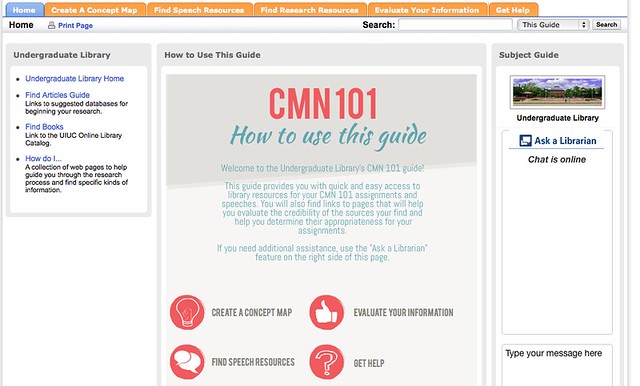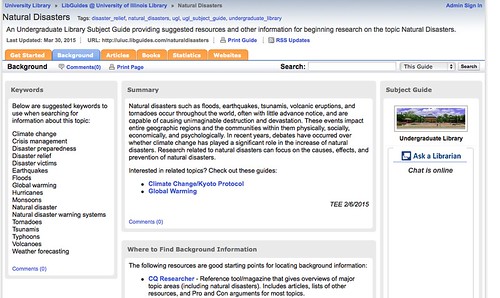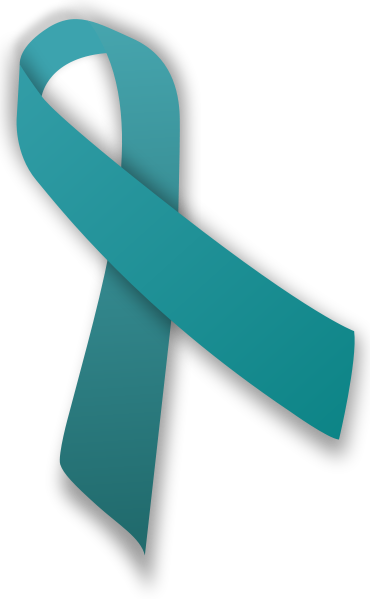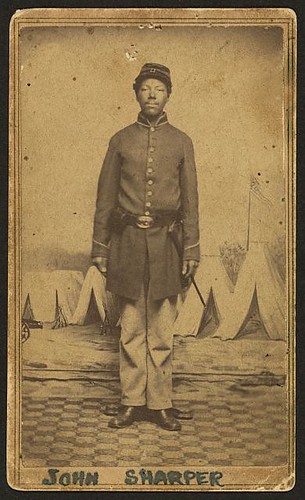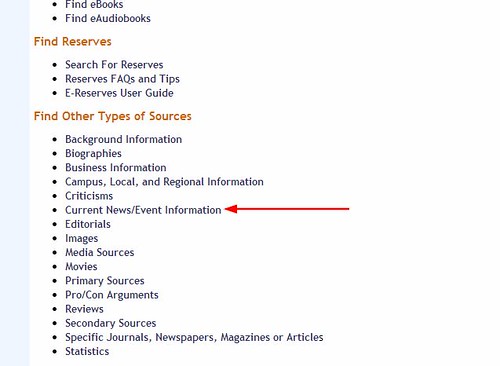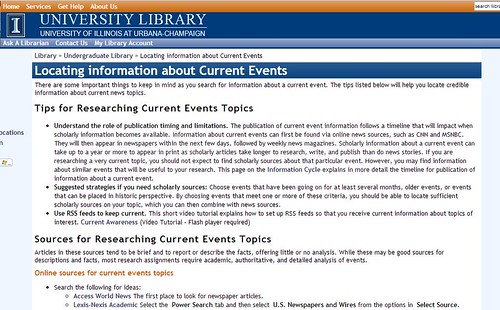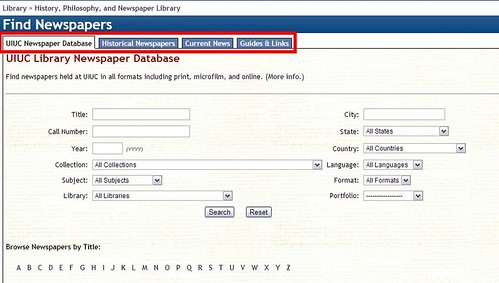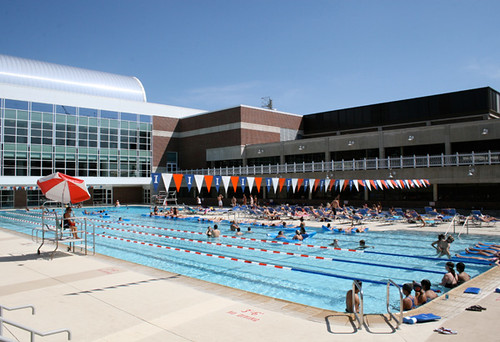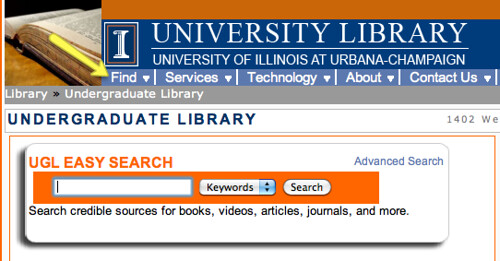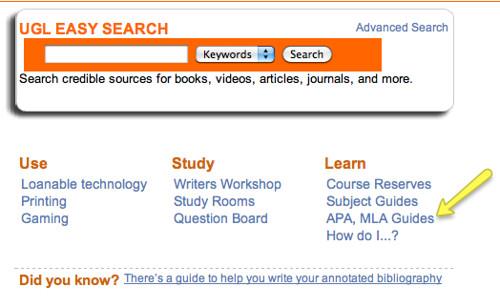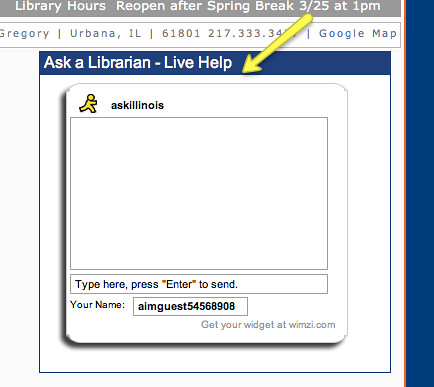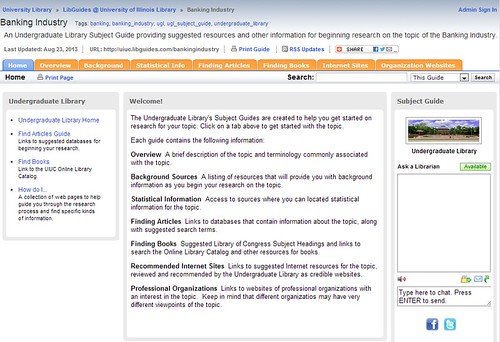As most of you already know, finals week has arrived. It’s that time of the year where everyone is pulling all nighters and frantically searching for those notes they took back in January. Remember that the UGL will be open 24 hours, 7 days a week until Friday, May 15th at 7 PM. In order to ease your stress, the UGL also has some study tips for productivity and success.
Tip 1: Make a list
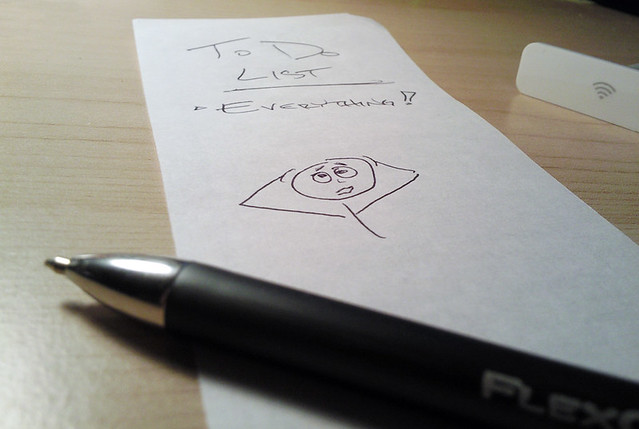
Make a list of all the tasks you have to do! Photo courtesy of John. Schultz via Flickr Media Commons
Create a list of everything that has to be done this week. This includes school and non-school work. It works best if you make a list, but separate the two. Then, prioritize and organize. Finals week is a time of great stress and sometimes you forget that the electric bill is due because you were too busy concentrating on a paper.
Tip 2: Review, review, review
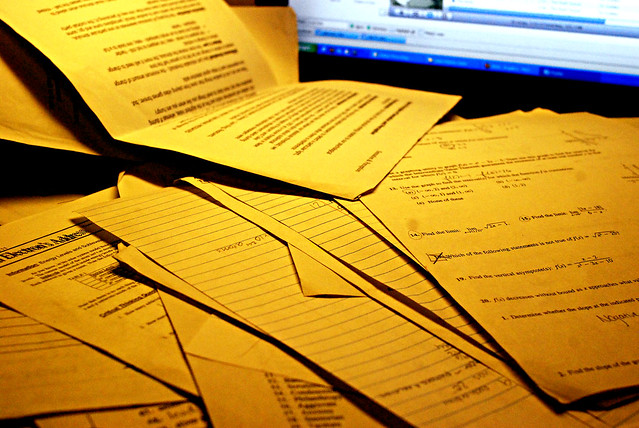
Review the concepts. Photo courtesy of wudzt via Flickr Commons
Review your notes everyday. Looking over class notes for about 10 or 15 minutes per day can be helpful in retaining information. Don’t wait until the day before the exam to study all the material.
Tip 3: Study aids

Study Aids. Photo courtesy of Yin Tung Ho via Flickr Media Commons
Study aids can be a great resource for not only finals week, but for tests or quizzes. Check out the subject guides that the Undergraduate Library has to offer. You’ll find a variety of different topics. If you want a little study break mixed with productivity, check out the UGL’s Pinterest board on study tips. On our study tips board, there are some cool infographics you can check out. See? You can still have fun while doing something productive.
Tip 4: Communication with your Professor or TA
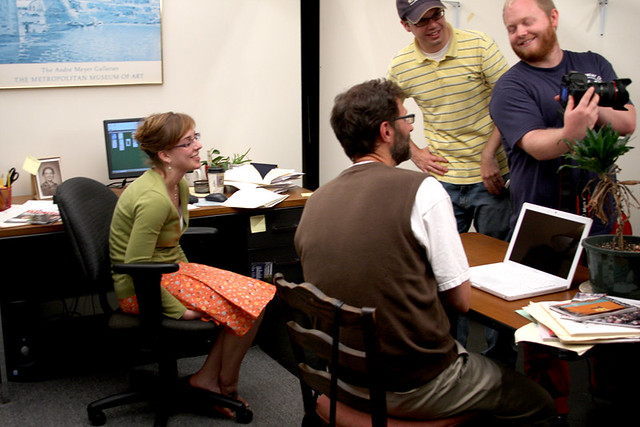
Go to office hours. Photo courtesy of Nathan Wagoner via Flickr Media Commons
Is there something you just don’t understand? Talk to your TA or Professor. Find out if they have office hours, if not, email. Communicating to your teacher about difficulties is key. Forming study groups is also a good idea. Learning concepts with a group of people can be beneficial. You never know, they might have the same questions as you.
Tip 5: Summary sheet

Make a summary sheet so that you cover all the concepts in class. Photo courtesy of Kevin Dooley via Flickr Media Commons
In order to go over everything that was taught in the class, develop a summary sheet for yourself. This way, you will have no surprises and it will also refresh your memory. Summary sheets can be done for each class.
Tip 6: Quiz yourself
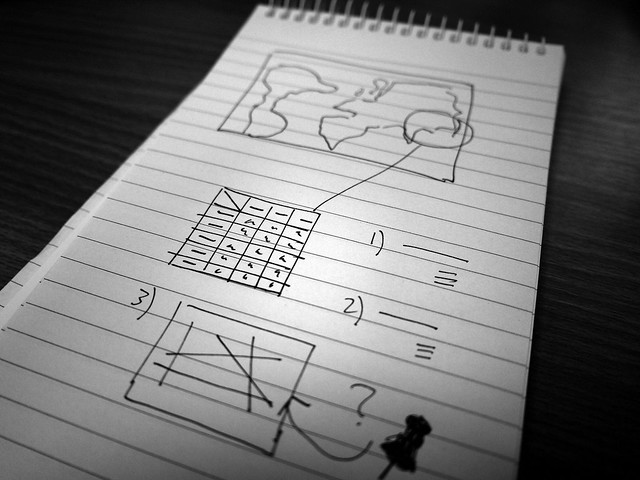
Quiz yourself. Photo courtesy of Matt Cornock via Flickr Media Commons
Make a mini-quiz for yourself in order to see if you are retaining all that information. It doesn’t have to be long, maybe 5 or 7 questions. These quizzes will also allow you to gauge your knowledge and what you might need to work on.
Tip 7: Take a break every once in a while! All of this studying can be stressful and you need to take some time to your self. Did you know that the UGL has a gaming center? Come take a study place with your friends. The UGL also has a great media selection. Watching a comedy or horror movie will ease your study time from finals.

Tired of studying? Take a nap! Photo courtesy of The LEAF Project via Flickr Media Commons
If you need help with research or anything else, come to the UGL and ask us! or, if you’re at home and need immediate help, go to Ask a Librarian. Good luck with finals, you’re almost there.


